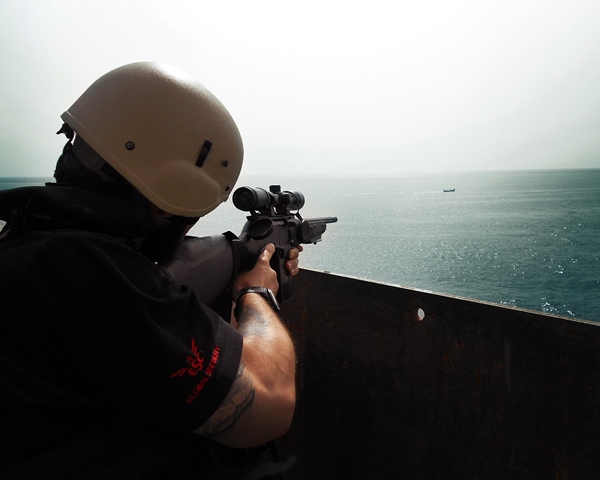
A common worldwide information sharing framework could possibly expedite the receipt and distribution of critical details needed to enable naval and law enforcement forces to respond quickly enough to protect seafarers and arrest the perpetrators, it was concluded at the IMB International Meeting on Global Piracy, Armed Robbery and Maritime Security on 14 and 15 September in Kuala Lumpur.
The meeting gathered more than 200 delegates from 30 countries who engaged in discussion on the continual increase in the number of piracy and armed robbery attacks against merchant ships.
“Information sharing and coordinated action between concerned coastal states is crucial in responding to this threat. However, the proliferation of reporting centres in some regions could create a degree of confusion that can leave seafarers and ships unnecessarily at risk,” Pottengal Mukundan, Director of IMB said.
Industry highlighted a number of actions taken to support international effort to suppress maritime crime and to protect their seafarers. Further development of the Best Management Practice and a standardisation of global reporting is high on their agenda.
“For crimes at sea, rapid response is crucial if there is to be any possibility of prosecuting the pirates,” added Mukundan. “The IMB Piracy Reporting Centre plays a crucial role liaising between merchant ships and coastal authorities and navies, and is prepared to further enhance the effectiveness of these joint efforts.”
Industry suggested this important role could be broadened offering an opportunity for the IMB to play a leading role.
The Inspector General of the Royal Malaysian Police gave a review of the issues in respect of the collection of evidence and international conventions affecting the law enforcement perspective of piracy and armed robbery investigations further stated that it will be useful to conduct a detailed review of the laws and conventions affecting the prosecution of pirates, with a view towards incorporating UNCLOS into Malaysian domestic law in order to ensure that criminals can be prosecuted.
The industry keynote pointed to the key challenges facing the shipping industry which, in addition to piracy, includes mass illegal migrations, the scale of which overwhelms the capacity of all stakeholders. This view was also shared by the Royal Malaysian Police, who identified human smuggling in the maritime domain as posing new concerns.
Beyond the reporting and response issues, the meeting also addressed other areas of concern such as the impact on seafarers and their families, post-incident protection of evidence, and the regional differences in the pirates’ strategies of attack.
Other developments which were considered included the use of armed guards and whether or not they fit into comprehensive response measures in different high risk areas, the more coordinated use of naval vessels in anti piracy operations, the challenges faced by law enforcement in arresting and prosecuting pirates and armed robbers, and the targeting of product oil cargoes on board vulnerable vessel.
The meeting was organised by the ICC International Maritime Bureau was co-hosted by the Malaysian Maritime Enforcement Agency, Interpol and the Royal Malaysian Police and was supported by the Caravel Group and Oceans Beyond Piracy.
(From: World Maritime News)